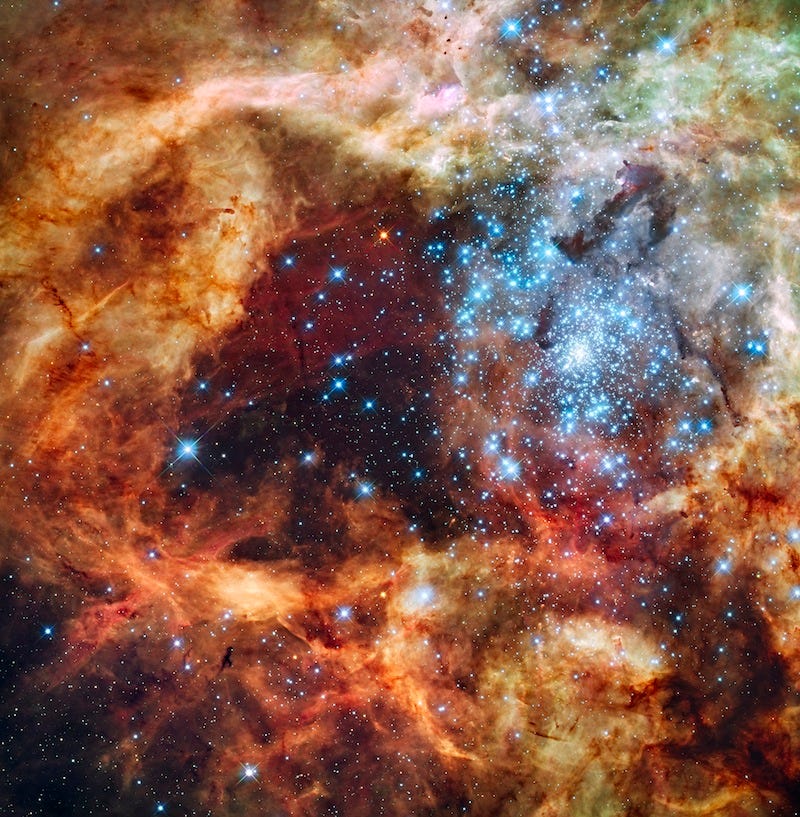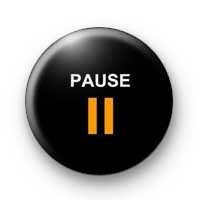Back when Seattle’s Kingdome was still up, I had an interesting experience there. I was with some friends who were setting up for a Promise Keepers thing (yeah, that long ago).
They shushed all the workers, and waited for it to get quiet. Then they dropped the lid on a huge equipment case. It made a formidable “Bang” as I expected. Then it echoed. And echoed. And echoed. It was nearly a minute before that single bang stopped rumbling around that room.
Another time, I was with a musician (a gift I do not have) at a canyon with a solid echo. She made music with the canyon. She sang some things, and the canyon echoed them back later, and then she sang harmony or rhythm with it. It was amazing. She was literally singing with herself through the time warp of that canyon’s echo.
While I don’t have the music gene, I do have the science gene. Did you know that both radar and sonar are both examples of creating pictures using echoes? Sonar uses echoes of sound under water. Radar uses echoes of radio waves in the air. It’s amazing how much detail they can come up with if they’re careful.
Sound is an interesting thing. It’s just stuff vibrating. Most commonly it’s air vibrating, but sound travels through most anything that will pass vibrations on. Water is especially good. Even space is not completely empty; many kinds of vibrations do still pass through space.
Another thing about sound is that it takes time to get from here to there. Light takes time too, but compared with light or electricity or radio waves, sound is really slow. That’s why when we see a lightning strike, the crash of thunder is delayed.
(You can measure the distance to the strike: every five seconds of delay indicates a mile; a twenty second delay means the strike was four miles away. Physics is also useful!)
One more factoid about sound: it loses volume as it travels distance (and therefore time). It’s a logarithmic scale, so every time the distance doubles, the volume drops by another six decibels, or about half of it’s energy.
So if the thunder you heard twenty seconds after you saw the lightning strike was 90 decibels, then twenty miles further away it will drop to 84 decibels, but it won’t drop that much again until it hits 78 miles from the source, but that won’t happen until almost a minute and a half after the strike. The next time it drops by half will be 160 miles (and almost three minutes) away. And it keeps going.
Sound loses half its energy every time you double the distance (or the time) since it was created. But that means that no sound ever goes away completely. It just keeps losing a portion of its energy. In fact, science nerds have actually measured the echoes of the Big Bang, from 13.8 billion years ago. It was very quiet, and they had to listen closely, but they did hear it (and they won a Nobel Prize for it),
OK. Sorry for the nerd-fest there. But we’re not quite done yet.
When God spoke and said, “Let there be light,” he made a sound. (My screwball personal opinion is that this sound actually was the Big Bang, but who knows.) Because he made a sound, therefore by the laws of physics, the echoes of his voice are still rattling around the universe.
The other thing that happened when God spoke and said, “Let there be light,” was that light was, in fact, created. When God speaks – and this is one of the basic facts of the universe – God’s voice carries not only information, it also carries power; it carries the power to accomplish what is declared. Think of it as the design for the creation and the funding to make it happen.
(And that, of course, is why our own words are so important. Being created in God’s “image and likeness,” our words also carry both information and power, though maybe not as much as his. We need to wield that power intentionally, not carelessly, but regardless of our means, power is wielded when we speak.)
Now here’s where I’m going. If the echoes of God’s creative statements are still echoing around the universe (and they are), does that also mean that the information and the power that they carried is also still echoing around the universe?
 I recall that there are a whole lot of places in the universe (seriously: trillions of such places) where ordinary matter is condensing into big blobs of matter, where friction and gravity ignites them and a new star is born, spewing forth newly created light where no light had been a moment ago. That looks to me like an echo of “Let there be light.”
I recall that there are a whole lot of places in the universe (seriously: trillions of such places) where ordinary matter is condensing into big blobs of matter, where friction and gravity ignites them and a new star is born, spewing forth newly created light where no light had been a moment ago. That looks to me like an echo of “Let there be light.” The part that really captures my attention is a little later in that same Bible chapter, where God spoke again. Part of those words included, “Let us make mankind in our image, in our likeness.”
What if those words that resulted in the creation of mankind are still echoing around the universe, echoing around the Earth? Would that mean that God’s creativity is still at work forming mankind, forging mankind? Or do you think our creation was a one-time thing, and God isn’t still refining his masterpiece?
I have begun to wonder if we as a species are still in the process of creation. We’re not just starting out, but neither are we finished and done. I’m thinking that God is still molding and forming and making us into the mature Sons and Daughters of the Kingdom that he’s always planned for us to be.
The human race is pretty untidy. But it’s not broke. It’s just not finished yet.
Beloved, now we are children of God; and it has not yet been revealed what we shall be, but we know that when He is revealed, we shall be like Him, for we shall see Him as He is.


